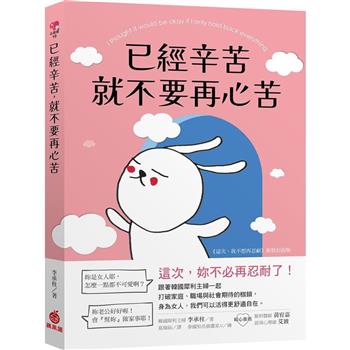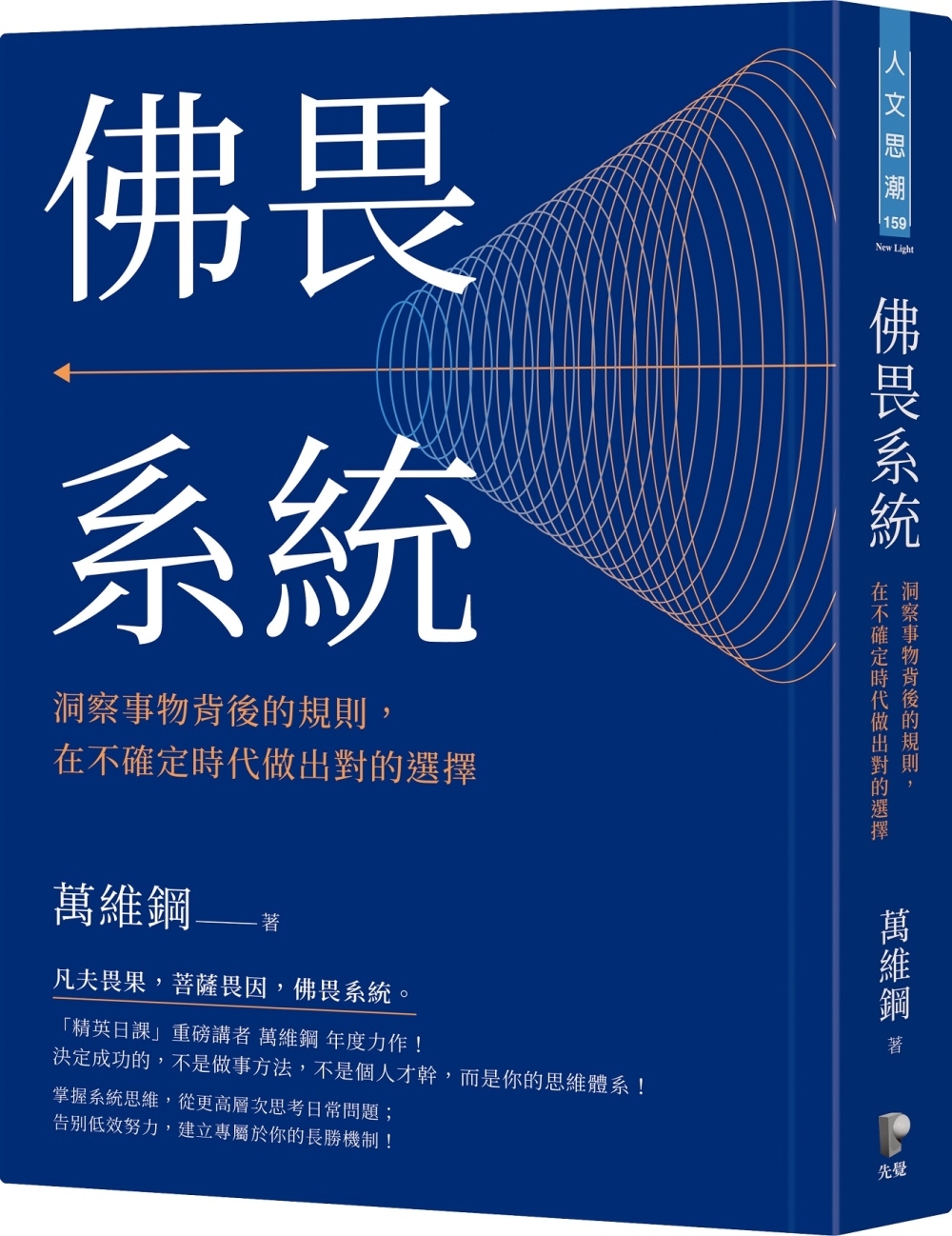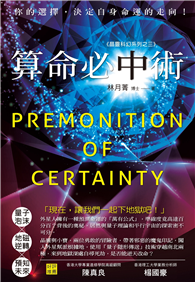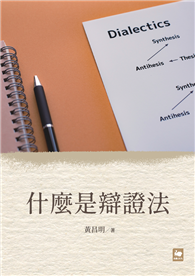Sandor Ferenczi, Sigmund Freud’s brilliant pupil as well as an innovative psychoanalyst, was silenced by various generations of his contemporaries until, in the past decades, his work began to be rediscovered. Certain aspects of his trauma theory, in fact, had never been thoroughly addressed, particularly the connection he made between trauma and language.
Miguel Gutiérrez-Peláez offers a new reading of Ferenczi by proposing a dialogue between the Hungarian psychoanalyst’s work, philosophy, and contemporary psychoanalysis. Among the subjects covered, the book delves into the vulnerability of children and Ferenczi’s never-ending search for a cure, the complex issue of war trauma and, more specifically, his anticipatory work in understanding the effects on the human psyche of the horrific experiences in concentration camps during World War II. These issues are raised against the backdrop of captivating figures like Jacques Lacan, Emmanuel Lévinas, Giorgio Agamben, Derrida, Nietzsche, and Primo Levi, among others. The result is a unique insight into Ferenczi’s “confusion of tongues,” a novel concept that can help us to understand contemporary trauma.











